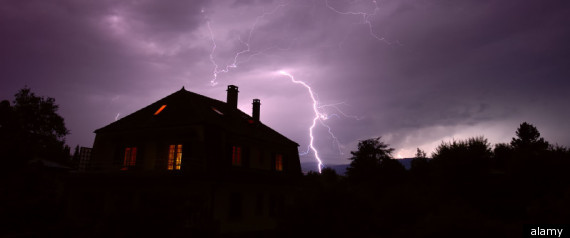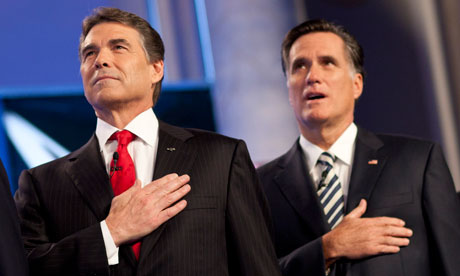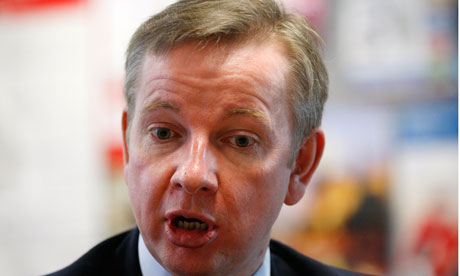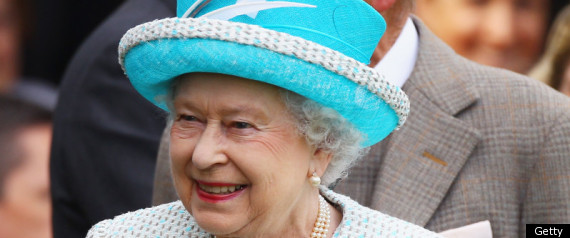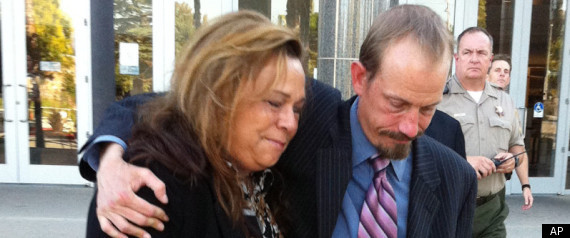 LOS ANGELES -- There were many missed opportunities to prevent the murder of a 15-year-old gay student at E.O. Green Junior High School in Oxnard.
LOS ANGELES -- There were many missed opportunities to prevent the murder of a 15-year-old gay student at E.O. Green Junior High School in Oxnard.Teachers and students saw a simmering feud between Brandon McInerney and Larry King but said they were either ignored by administrators or did little or nothing to intervene. King's mother said she pleaded with school officials to help tone down her son's increasingly flamboyant behavior. One teacher encouraged King to explore his sexuality and gave him a dress.
Nearly four years after McInerney, then 14, shot King in the head before stunned classmates, plenty of questions remain about what went wrong and what can be learned to prevent future tragedies.
King's death illustrates the difficulty schools have balancing a gay student's civil rights with teaching tolerance to those who feel threatened by or uncomfortable about someone who's different. It also highlighted the importance of setting clear policies to eliminate confusion among educators.
"Something was brewing and lots of people were uncomfortable and people didn't know what to do and where to turn," said Eliza Byard, executive director of the Gay, Lesbian & Straight Education Network. "It reflects a profound inability for the adults to provide them with support and intervene when problems are developing."
